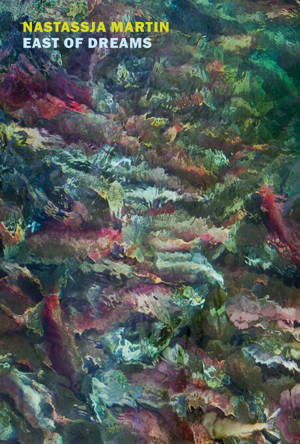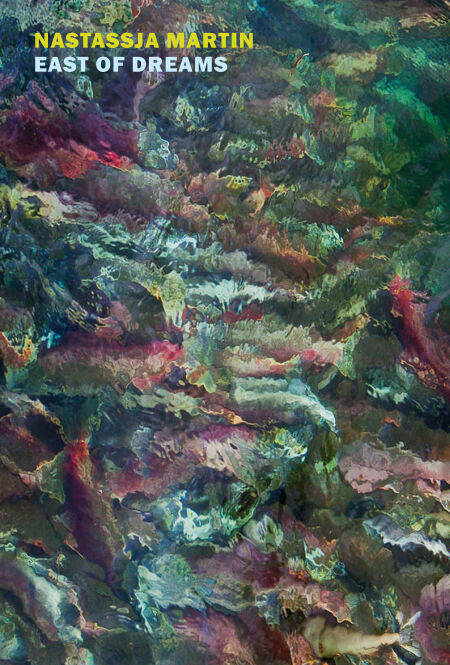
Bedankt voor het vertrouwen het afgelopen jaar! Om jou te bedanken bieden we GRATIS verzending (in België) aan op alles gedurende de hele maand januari.
- Afhalen na 1 uur in een winkel met voorraad
- In januari gratis thuislevering in België
- Ruim aanbod met 7 miljoen producten
Bedankt voor het vertrouwen het afgelopen jaar! Om jou te bedanken bieden we GRATIS verzending (in België) aan op alles gedurende de hele maand januari.
- Afhalen na 1 uur in een winkel met voorraad
- In januari gratis thuislevering in België
- Ruim aanbod met 7 miljoen producten
Zoeken
Omschrijving
Displaced after the fall of the Soviet Union, an indigenous family works to reclaim their former self-sufficient way of life in this lyrical work of anthropology and colonial Russian history.
After her work in Alaska among the Gwich’in people, French anthropologist Nastassja Martin crossed the Bering Strait to continue her research on the effects of colonialism and climate change on indigenous communities, this time in the Russian far east. East of Dreams is Martin’s powerfully vibrant account of her seven years living with the Even people of Kamchatka. During the Soviet era, the Even people were dispossessed of their reindeer herds and settled on collective farms. However, after the fall of the Soviet Union, one family, led by their matriarch Daria, decided to leave their enforced urban existences behind them and return to the Icha forest to lead a self-sufficient life based on hunting, fishing, and gathering.
How did this small collective, violated and despoiled by the colonists before being forgotten by history, reclaim its autonomy? How did they restore their relationships with animals and nature and learn to dream again? Generous, lyrical, and audacious, East of Dreams brings colonial history and indigenous cosmologies into dialogue to highlight the many voices that give the world its vitality.
After her work in Alaska among the Gwich’in people, French anthropologist Nastassja Martin crossed the Bering Strait to continue her research on the effects of colonialism and climate change on indigenous communities, this time in the Russian far east. East of Dreams is Martin’s powerfully vibrant account of her seven years living with the Even people of Kamchatka. During the Soviet era, the Even people were dispossessed of their reindeer herds and settled on collective farms. However, after the fall of the Soviet Union, one family, led by their matriarch Daria, decided to leave their enforced urban existences behind them and return to the Icha forest to lead a self-sufficient life based on hunting, fishing, and gathering.
How did this small collective, violated and despoiled by the colonists before being forgotten by history, reclaim its autonomy? How did they restore their relationships with animals and nature and learn to dream again? Generous, lyrical, and audacious, East of Dreams brings colonial history and indigenous cosmologies into dialogue to highlight the many voices that give the world its vitality.
Specificaties
Betrokkenen
- Auteur(s):
- Vertaler(s):
- Uitgeverij:
Inhoud
- Aantal bladzijden:
- 256
- Taal:
- Engels
Eigenschappen
- Productcode (EAN):
- 9781681379357
- Verschijningsdatum:
- 11/05/2026
- Uitvoering:
- E-book
- Beveiligd met:
- Adobe DRM
- Formaat:
- ePub

Alleen bij Standaard Boekhandel
+ 17 punten op je klantenkaart van Standaard Boekhandel
Beoordelingen
We publiceren alleen reviews die voldoen aan de voorwaarden voor reviews. Bekijk onze voorwaarden voor reviews.









